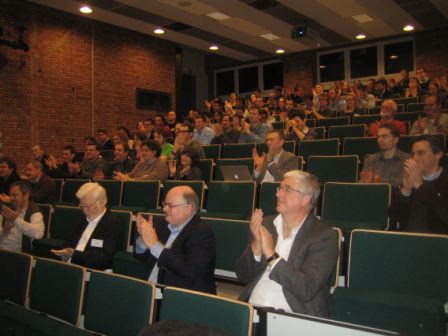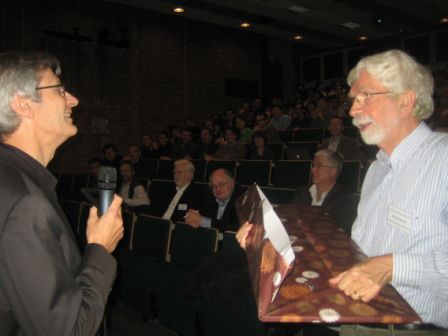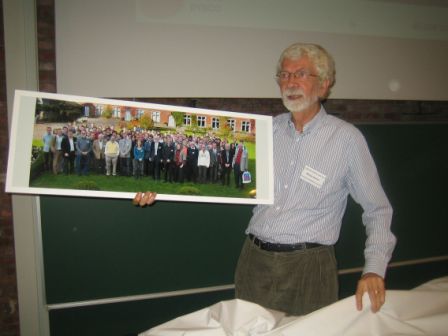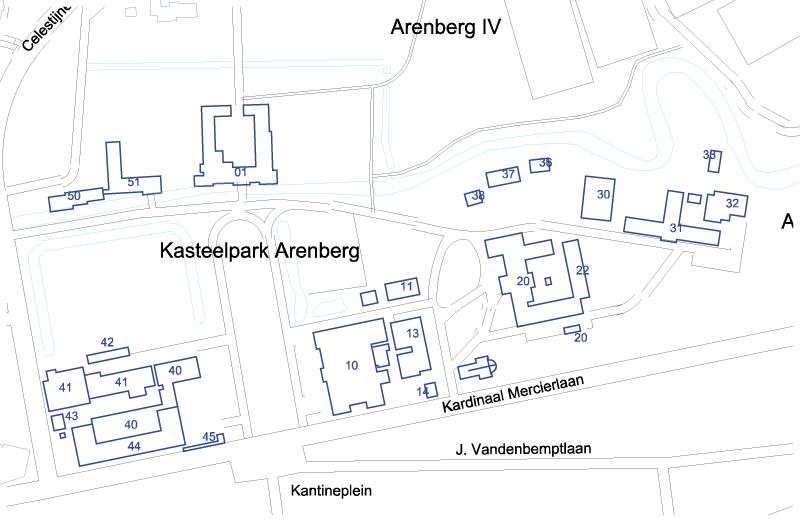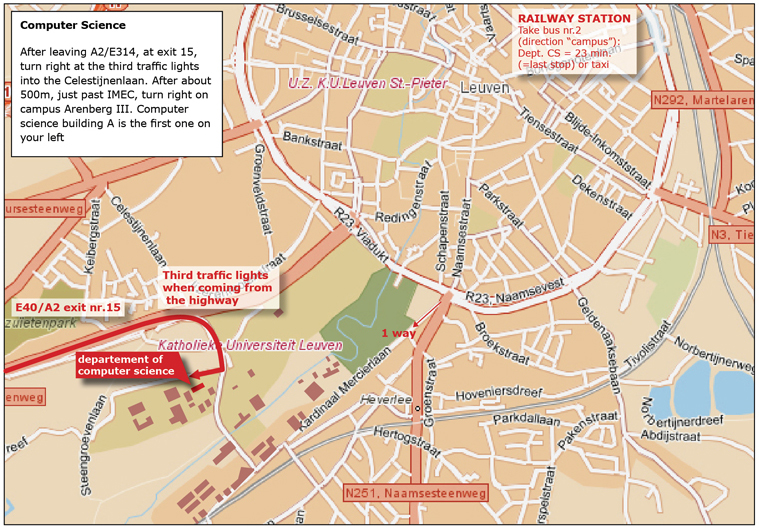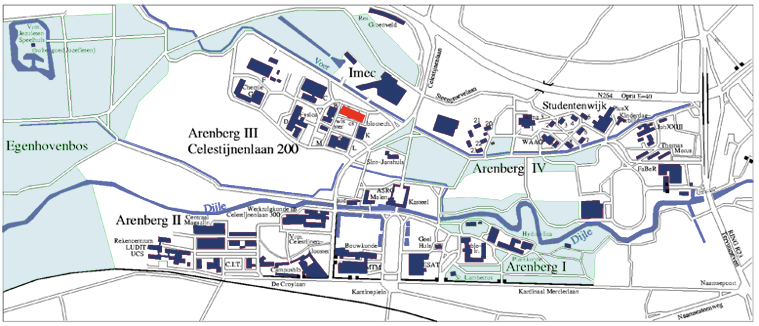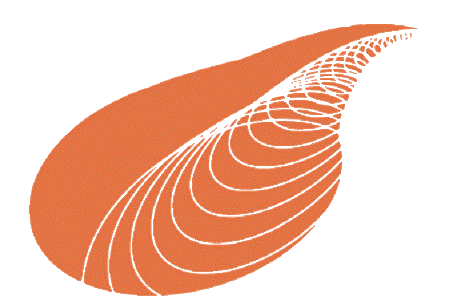DYSCO Study Day - November 29, 2011
Leuven-Heverlee, Thermotechnisch Instituut, Auditorium van de Tweede Hoofdwet (close to the Arenberg Castle)
Programme
9:30 Registration
10:00 Plenary lecture 1: Prof. Lorenz T. Biegler, Carnegie Mellon University, USA: Direct Transcription Strategies for Dynamic Real-time Optimization
Abstract: This talk will explore recent results in the development of direct transcription formulations for dynamic real-time optimization (D-RTO). To develop this approach, we consider Nonlinear Model Predictive Control (NMPC) as a natural vehicle for Dynamic Real-time Optimization (D-RTO). It can incorporate first principle DAE models and can be adapted to handle on-line uncertainties due to noise and process variations. More importantly, stability and robustness properties of NMPC are well understood, and recent work by a number of research groups has extended these properties from setpoint tracking objectives to more general stage costs that are economically based. Realization of NMPC requires the application of a fast nonlinear programming (NLP) solver for time-critical, on-line optimization, as well as efficient NLP sensitivity tools that eliminate computational delay and guarantee stability and robustness. Algorithms that meet these demands will be explored and an "advanced step framework" will be outlined for NMPC, state estimation and D-RTO. Finally, a number of challenging real-world case studies will be presented that demonstrate the effectiveness of this approach.
11:00 Poster session 1
12:15 Plenary lecture 2: Prof. Julien Hendrickx, UCL, Louvain-la-Neuve: Three complementary approaches to averaging in decentralized systems
Abstract: we consider systems of n agents each holding an initial value, and analyze how they can compute the average of these values in a decentralized way, i.e. by local interactions between peers. This issue is central in decentralized systems, as it captures most of the difficulties faced in decentralized computation and control. Averaging algorithms are moreover the basis on which are built many more evolved algorithms. We present recent results approaching decentralized averaging in three complementary contexts: (i) arbitrary preserving consensus seeking systems satisfying some weak symmetry condition, (ii) stochastic systems computing the average on expectation, and (iii) networks of deterministic finite automata.
12:45 Lunch
13:45 Plenary lecture 3: Prof. Henk Nijmeijer, T.U.Eindhoven, the Netherlands: The sympathy of pendulum clocks and beyond
Abstract: in 1665 the Dutch scientist Christiaan Huygens observed the coupled behaviour of two separate pendulum clocks hanging on the same wall. This "sympathy" of clocks, as he called it, is based on the dynamics of a coupled system, and is fundamental to many areas in science, nature, biology and engineering. I examine some fascinating examples of such synchronised systems, and look at examples in networks as diverse as brain function and traffic behaviour. I will also explore how controlled synchronised motion is used in engineering systems, such as robotics and cars.
14:45 Poster session 2
16:00 1987 - 2011: Michel Gevers and the IAP programme
16:30 End
Abstracts
Download the booklet.
Some pictures
Venue
Thermotechnisch Instituut, Kasteelpark Arenberg 41, Campus Arenberg I, Heverlee-Leuven (building 41 on the first map, close to the Arenbergkasteel)
Public transport : bus 2 from the railway station of Leuven to 'Kantineplein' or train to railway station of Heverlee.
Parking :
- small parking lot near the Arenberg castle;
- large parking lot on Campus Arenberg III, Celestijnenlaan 200: see the second map; to reach the parking: pass the building of IMEC, drive until the end of the campus, turn left and then you arrive on the parking (near building D on the third map).
